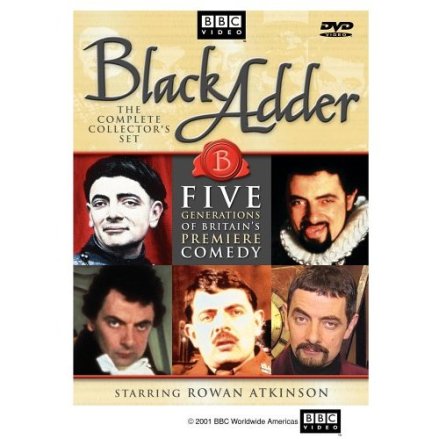Short story collections generally don’t circulate well. I’m not sure exactly why, but I can certainly theorize. Personally, I enjoy immersing myself in a detailed, involved story, with well-thought out characters and vivid settings, but the very nature of short stories (They’re short!) seems counterintuitive to achieving those lofty goals. Honestly, If I’d known Unaccustomed Earth was a collection of short stories, I don’t think I would have bothered to pick it up. Fortunately for me (and I hope, by extension, you), the cover of this advance reader’s copy wasn’t very clear about the nature of this book, so I took it home and was several pages in, before I realized I was “duped.” Having frightened you away, let me lure you back in by saying that I really loved this collection of short stories, and Lahiri gave me almost everything I was looking for in a work of fiction.
Lahiri is the daughter of Indian immigrants, and her cultural background and life experiences figure prominently in her stories. The main character is usually an educated woman, almost always a second-generation Indian, and often involved with a non-Indian love interest. The consistency of her characters has led several reviewers to characterize Lahiri’s work as repetitive, but I think most of her stories transcend their characters’ origins. I, for instance, am an educated woman of mostly German ancestry (many generations removed), and while my love interest is non-Indian, that’s hardly remarkable since I am not Indian myself. Yet even so, there was much in Lahiri’s writing to which I could relate. (I found myself thinking about one story for days, even weeks after I read it. I don’t even feel comfortable sharing it here, because it hit way too close to my personal life.) While the Indian culture provides an interesting backdrop for the stories and occasionally produces conflict, in the end, I think what Lahiri is really writing about the complexities of life itself. What could be more universal?
Lahiri’s writing style is simple, but elegant, and is well-suited to the short story format. (I did not find her novel, The Namesake, quite as engrossing as her short story collections.) Sometimes the stories end on a sadder note, sometimes, a happier, and occasionally the reader is left uncertain how to feel. In fact, to say that her stories ever really end is perhaps misleading. Each conclusion features a transitional point in the main character’s life, a turning point with considerable implications. While the writing ends, the reader can’t help but be aware that the characters’ lives continue to go forward, and I have to say, if there was one frustration I had, it was that I wanted to follow them further. Ultimately I still found the stories satisfying, because I was encouraged to think long and hard about what had happened and what it might mean. Even so, those readers who appreciate tight, neat endings, with all the loose ends wrapped up in a neat little bow, might be frustrated by Lahiri’s technique. Otherwise, I would say Unaccustomed Earth is an excellent choice for both fans of multicultural fiction and those who simply enjoy good stories about the ups and downs associated with being alive.
Check the WRL catalog for Unaccustomed Earth
Or try Unaccustomed Earth as an audiobook













